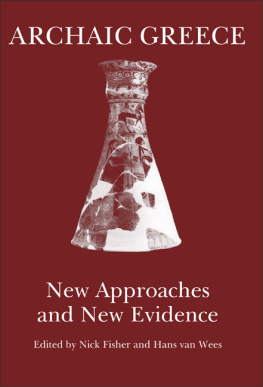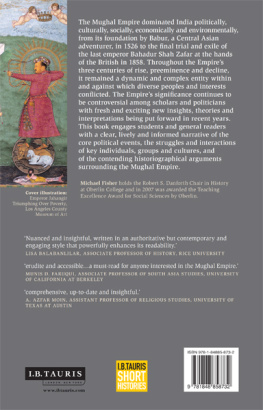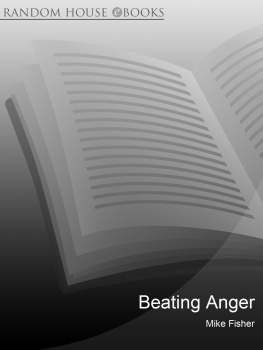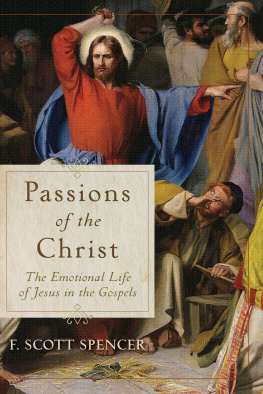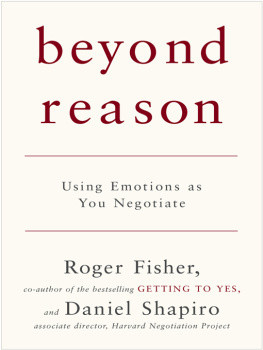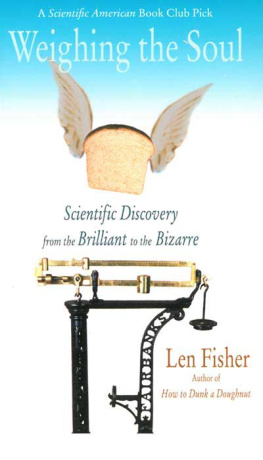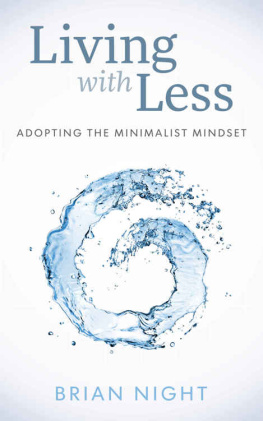THE VEHEMENT PASSIONS
PHILIP FISHER
THE VEHEMENT PASSIONS
PRINCETON UNIVERSITY PRESS PRINCETON AND OXFORD
Copyright 2002 by Princeton University Press
Published by Princeton University Press, 41 William Street, Princeton, New Jersey 08540
In the United Kingdom: Princeton University Press, 3 Market Place, Woodstock, Oxfordshire OX20 1SY
All Rights Reserved
Library of Congress Cataloging-in-Publication Data
Fisher, Philip, 1941
The vehement passions / Philip Fisher.
p. cm.
Includes bibliographical references and index.
eISBN: 978-1-40082-489-2
1. Emotions (Philosophy) I. Title.
B105.E46 F57 2002
128'dc21 2001055193
British Library Cataloging-in-Publication Data is available
This book has been composed in Centaur with Gill Sans
Printed on acid-free paper.
www.pup.princeton.edu
Printed in the United States of America
10 9 8 7 6 5 4 3 2 1
FOR ELAINES CARRY
AND MARK FISHER
C O N T E N T S
ACKNOWLEDGMENTS
This book was completed during a year as a Senior Scholar at the Getty Research Institute, where the warmth and energy of Michael Roth and the aid of the remarkable library and staff made the daily life on the Getty's sunny hilltop a great pleasure. My thanks to the Getty Foundation for including me in a yearlong project and scholar's seminar on the passions.
Three sections of this book in a compressed form were presented as Christian Gauss Seminars at Princeton. I am grateful to Michael Wood, the director of the seminars, for his very gracious and humane hosting of my time in Princeton. His friendship and wide-ranging conversation made every part of these events a delight. The audience at Princeton brought out, through their questions and comments, a welcome set of fresh lines of doubt and speculation. George Kateb's rigor and his probing engagement were of particular importance to me, as was the intellectual challenge of Alexander Nehemas and Albert Hirschman.
I would like to thank the John Simon Guggenheim foundation for a fellowship year during which a very many-sided project took its final form. During that year the Center for Advanced Study in the Behavioral Sciences at Stanford, through the generosity of its Director, Neil Smelser, and its Associate Director, Robert Scott, provided me with an office and with the company and stimulation of the forty scholars in residence. The beauty of the Centers spartan work quarters on the hillside above Stanford give a rugged and informal energy to every days work there.
The earliest stages of work on this project took place thanks to a generous fellowship for a years residence in 1987 at the Wissenschaftskolleg (Institute for Advanced Study) in Berlin, where I have had the good fortune to return many times in the decade that followed. The chapters on fear were first given as an evening lecture at the Kolleg at the invitation of the Rektor, Wolf Leppenies. All of my work since my first encounter with this truly unique international institution has benefited from the ever-changing conversation that from morning to night, year after year, modifies and enhances the work that each of us thinks of as individual acts of writing, but that we find, as we reach the final pages, has thrived in the atmosphere of the pleasure of the mind as it often can best be seen in the unusual intensity of a community of other quite striking projects that keep taking us away from our own, only to return us to it from a fresh path impossible to locate alone
Richard Poirier and Raritan published sections of several chapters in earlier versions, and I am pleased that it was in this journal that the first appearance of parts of this larger project appeared. Robert Nozick read and commented on the two chapters on fear, and I am grateful for his acute questioning, as I am for his friendship and engagement as a colleague. Allen Grossman, with whom I stood under the spell of conversation throughout my years at Brandeis, will recognize within this book the opportunity for thought that his creation at Brandeis of a unique kind of humanities core curriculum opened out for all of us who joined him in this enterprise. In the editing and manuscript preparation I was aided by two assistants, Mark Greif and Shane Slattery-Quintanilla, both of whom gave their energy and care to the final details of this book.
THE VEHEMENT PASSIONS
INTRODUCTION
Could any pair of words seem as natural together as the words dispassionate knowledge? Yet in at least one case the passions were always understood to be essential to the search for knowledge. Descartes, in naming wonder the first of the passions, described wonder as an impassioned state that makes learning possible. In wonder we notice against the background of a lawful and familiar world something that strikes us by its novelty and by the pleasure that this surprising new fact brings to us. Each of us has at every stage of our lives a distinct but provisional horizon separating the familiar from the unknown and the unknowable. Any one experience of wonder informs us about the momentary location of this horizon line. The horizon line a red balloon reveals as it rises in the air before the eyes of a small child marks a different line from the one revealed when, as an adult astronomer, she sees for the first time in human history a pattern in the distribution of galaxies.
The passion of wonder has always been described by scientists and mathematicians as the heart of the experience of the search for new knowledge. At the same time, the very details of wonder might seem to rule out even more strongly any similar claim for anger, fear, grief, shame, and the other vehement passions. If it is only scientific knowledge that we are concerned with, then anger or mourning would seem to preclude clear thought, the pursuit of a continuous chain of thought and experiment, and the preservation of the calm atmosphere in which order and rationality make possible long and arduous projects.
As I hope to show in this book, wonder is not an exception. Each of the strong emotions or passions designs for us an intelligible world and does so by means of horizon lines that we can come to know only in experiences that begin with impassioned or vehement states within ourselves. The part played by wonder in scientific thought, both in the moment of attention that leads to a first discovery and in the final ordered knowledge that we call science, is played by anger in discovering or marking out for us unmistakably the contours of injustice and of unjust acts in certain moments of time. In this case as well, the concrete and ordered form that those local discoveries sponsored by anger lead to in the end is the nuanced legal system that is both codified and altered over time by newly discovered paths of anger and outrage, sometimes at individual acts that in their aftermath lead to new or stronger laws; at other times the outcome is the retraction of laws that in their workings lead to cases that arouse angry demands for redress.
That we are often surprised by wonder or surprised by anger is one clue to the fact that something new is disclosed to us in states of vehemence. The objects demand for attention that makes up one detail of wonder lets us see that we do not choose the objects we end up thinking about. Something, as we put it, catches our attention. Descartes describes how we find ourselves delighted, puzzled, and then drawn to pause and to think about what is new and strange to us.
Wonder is located at that promising line between what we already knowour familiar worldand all that it would be pointless to think about because we personally lack, or our historical moment as a whole lacks, the skills and framework of knowledge that would let us profitably spend time thinking here and now at this location. Wonder occurs at the horizon line of what is potentially knowable, but not yet known. We learn about this horizon line when we find ourselves in a state of wonder. Surprise has guided us to something where we can invest energy and time in a profitable way. The same is true for anger, although it will take many chapters of this book to make plausible this claim about anger.
Next page

